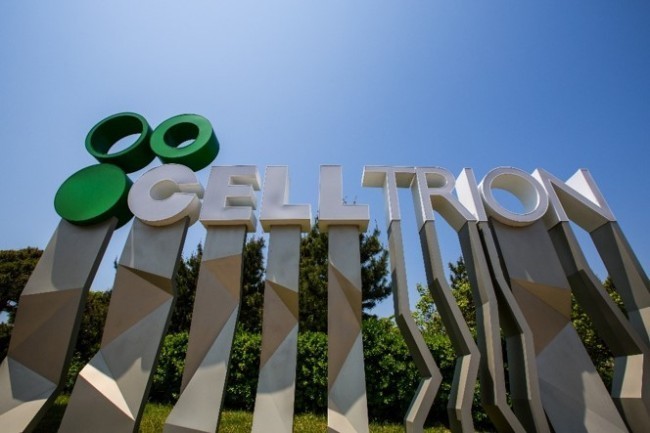As Celltrion, the top-valued stock in market cap on the second-tier Kosdaq market, is set to discuss moving to the main bourse, recent analyses by market watchers have made the case for Kosdaq-listed powerhouses’ recent attempts to move into the top-tier market.
The biologic drugmaker on Monday said in a regulatory filing it would hold a shareholders’ meeting on Sept. 29 at its headquarters in port city Incheon. Last Wednesday, the firm
announced on its website that petitions were collected from minor shareholders holding more than a combined 3 percent of Celltrion shares, enough to hold the extraordinary shareholders’ meeting.
If the meeting votes in favor of the relisting, the market operator Korea Exchange will conduct a preliminary eligibility review on the biopharmaceutical firm before it moves to the Kospi.
 |
(Herald DB) |
Celltrion might reap a cash influx of some 300 billion won ($264.6 million) from being listed on the Kospi 200 -- made up of top 200 firms on Kospi -- while its market cap would be valued the 25th-highest on the main bourse, if it enters the Kospi market, according to a projection by Kim Yong-gu, an analyst at Hana Financial Investment, in a report on Aug. 14.
“Celltrion would be able to transfer to Kospi market in the course of time,” Kim wrote.
“There is little case for Celltrion not to meet shareholders’ demand for the move,” he added, citing shareholders’ call to avoid “unusual fluctuations” and “measured” short-selling on the Kosdaq.
Earlier in July, Kakao, an online service provider that operates a mobile messenger and an internet-only bank, moved from the Kosdaq to the Kospi, becoming the ninth company to make the switch since 2010. This came a year after instant coffee maker Dong Suh Companies moved to the top-tier market.
Another analysis indicated the relisting on the Kospi had benefited the firms a year later.
Stocks that moved to South Korea’s main bourse from the second-tier market after 2010 gained over 27 percent on average in about a year after experiencing sluggish months, according to an estimate by NH Investment & Securities.
Eight shares that had transferred from the Kosdaq market to the Kospi market since 2010 and spent more than a year took losses for the first six months on the Kospi. The degree of losses peaked at 9 percent on average in 180 days.
But the stocks returned to positive territory 270 days after the relisting and surged 27.9 percent in 360 days.
Since 1999, 46 firms entered the Kospi. Some of them gained a foothold as Kospi strongholds, such as game developer NCsoft, full-service carrier Asiana Airlines and internet giant Naver Corp., known as NHN Corporation when relisted in 2008.
Celltrion closed at 117,000 won on Tuesday, up 5.88 percent from Monday. It surged 11.7 percent in five trading days since Wednesday.
By Son Ji-hyoung
(
consnow@heraldcorp.com)








